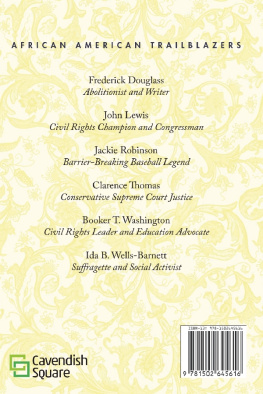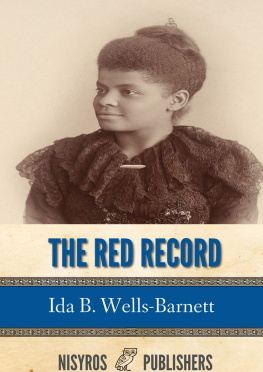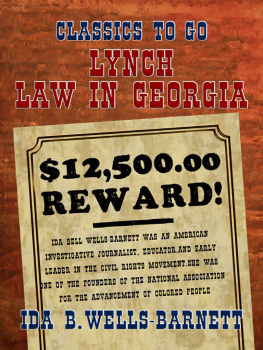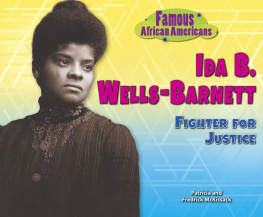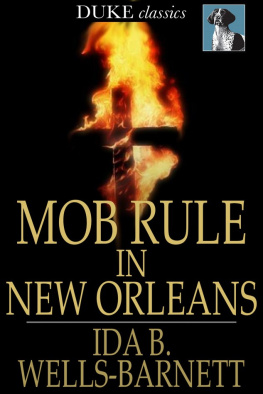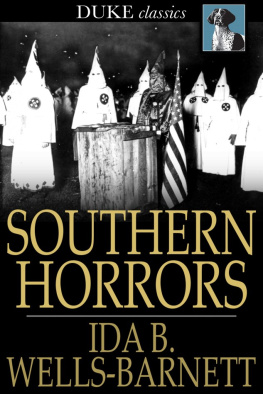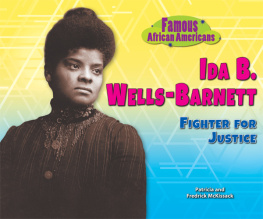Discover historys heroes and their stories.
Michael Collins

ALADDIN
An imprint of Simon & Schuster Childrens Publishing Division
1230 Avenue of the Americas, New York, New York 10020
www.SimonandSchuster.com
First Aladdin paperback edition August 2019
Text copyright 2019 by Diane Bailey
Cover illustration copyright 2019 by Lisa K. Weber
Also available in an Aladdin hardcover edition.
All rights reserved, including the right of reproduction in whole or in part in any form.
ALADDIN and related logo are registered trademarks of Simon & Schuster, Inc.
For information about special discounts for bulk purchases, please contact Simon & Schuster Special Sales at 1-866-506-1949 or .
The Simon & Schuster Speakers Bureau can bring authors to your live event. For more information or to book an event contact the
Simon & Schuster Speakers Bureau at 1-866-248-3049 or visit our website at www.simonspeakers.com.
Cover designed by Nina Simoneaux
Cover illustration copyright 2019 by Lisa K. Weber
Interior designed by Mike Rosamilia
Library of Congress Control Number 2019933145
ISBN 978-1-5344-2485-2 (hc)
ISBN 978-1-5344-2484-5 (pbk)
ISBN 978-1-5344-2486-9 (eBook)
Prologue
THE TRAIN TO HOLLY SPRINGS
The train whistled as it pulled into the station, and Ida B. Wells got ready to board. The other people at the station glanced at her. They looked worried. A few spoke up. Dont get on the train, they told her. Dont go to Holly Springs.
The train came to a stop. No other passengers were on it. It was a freight train. There were no passenger trains running to Holly Springs, Mississippi, Idas hometown. Right now people were desperately trying to get away from the town. Everyone except Ida. She was determined to go homeno matter what anyone said.
Ida had gotten terrible news a few days before. It was 1878, and a disease called yellow fever had invaded Holly Springs. Hundreds of people had caught the illness and died. Idas parents had been among the victims. Now she and her younger siblings were orphans. However, the epidemic wasnt over. If Ida went home, she might get sick and die too. But what choice did she have? She was the oldest. With her parents gone, Ida had to take care of her family.
The townspeople shook their heads, but they could not stop Ida from doing what she wanted. Clutching her bag, she stepped onto the train. What would she find when she got home?
Look! The conductor frowned and pointed at the trains caboose, where a black cloth hung. The cloth was there to honor two of the trains conductors who had recently died from yellow fever. Black was the color of death and mourning. The conductor told her the same thing the people at the station had said. She was making a big mistake by going to Holly Springs.
Ida stood her ground. She had a question for the conductor. If Holly Springs was so dangerous, why was he going there? He shrugged. Running the train was his job, he said. Someone had to do it.
Thats exactly why I am going home, Ida shot back. I am the oldest of seven living children. Theres nobody but me to look after them now.
Ida was only sixteen years old. She didnt know how she would manage, but she knew she had no choice. She was strong. She was devoted to her family. She would find a way.
Ida B. Wells was a young African American woman. She learned early in life what she needed to do, and she was never afraid to do it. It didnt matter if it was a lot of hard work. It didnt matter if it was dangerous. It didnt matter if it meant standing up against powerful or hateful people. Ida was never a person who backed down from a fight. She even took on the subject of lynching, writing and lecturing about it, and in 1898 she was one of those protesting in Washington, DC, and calling for President William McKinley to make reforms.
In the late 1800s and early 1900s, African Americans struggled hard to be treated equally to whites. Ida became one of the first leaders in this fight for civil rights . Thanks to her, millions of African Americans have led better lives.
GROWING UP FREE
July 16, 1862, started like any other day in Holly Springs, Mississippi. People got up to eat breakfast, got dressed, and went to work. That was what usually happened in the Wells family too. But on this summer day, Lizzie Wells put a hand on her large stomach and looked over at her husband, Jim. Today would be different for them.
Waaahhhhh! Not long after, a babys cry cut through the air, and Jim and Lizzie welcomed their first child into the world. They named her Ida Bell.
Ida took a deep breath. Waaahhhh! She let out another cry, just in case anyone had missed it the first time. She made sure everyone knew she had arrived. It was the first time she made herself heard, but it would not be the last.
The Wellses were African American, and they were slaves. Because her parents were slaves, Ida automatically became a slave when she was born. In Mississippi and several other states in the South, most black people were slaves. Slaves had no rights as people. They were treated like property. They could be sold, just like a house or an animal, and they worked for their white owners for no pay.
Most of them labored in the fields on large farms called plantations. From dawn to dusk they tended the crops. Children did not go to school. Instead they started working as soon as they were old enough. When children got to be around six years old, they carried water to the adults in the fields. By the time they turned eight or nine, they went to work in the fields themselves.
Some slaves led slightly better lives. Idas parents were among the lucky ones. They were owned by Spires Boling, a white man who was an architect. Jim and Lizzie Wells didnt have to work in the fields. They had other skills. Jim was a carpenter, so he built things for Boling, while Lizzie worked as a cook. Unlike many slave owners, who beat their slaves and gave them very little to eat, Boling treated his slaves fairly well.
But that did not make them free.
Ida was born during a time when the United States was undergoing big changes. The Civil War had started in 1861, the year before her birth. The war was primarily about slavery. People in the countrys Southern states believed white people should be able to own slaves. People in the Northern states thought that slaves should be free, just like other Americans. The country split apart over the issue.
For four years the North and the South battled each other. At times the North seemed to be winning. At other times the South surged ahead. Like other Americans the Wellses followed news of the war closely. If the North won, slaves would be freed. Should they get their hopes up?
Ida was about to turn three years old when the war finally ended in 1865. The Northern states had won, and the slaves were set free. It was an exciting time for the Wells family. Finally they could choose what to do with their lives.
At first Idas father stayed with Spires Boling. Jim Wells continued to work as a carpenter, but now he earned money. Then Jim had a disagreement with his employer. Before the war, slaves had not been allowed to vote. Now that black people were free, they had more rights. Some African Americans could even voteand Jim Wells was one of them. He got his first chance during an 1867 election in Holly Springs. Jims boss, Boling, wanted a certain man to win, and told Jim to vote for him. Jim had other ideas. He did not like Bolings choice, and voted for someone else. When Boling found out what Jim had done, he decided to punish the Wells family. Jim got home from voting to find that he had been locked out of his carpentry shop. He was out of a job. Fortunately, the family had saved some money. They rented a different house across the street, and Jim started his own business.
Next page






